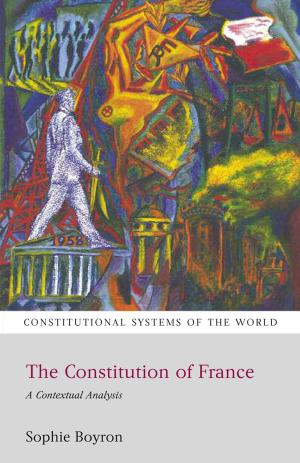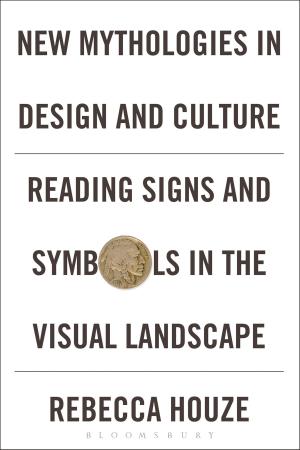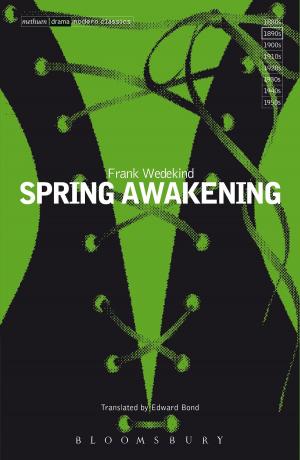| Author: | Dr. Gerard Casey | ISBN: | 9781441103383 |
| Publisher: | Bloomsbury Publishing | Publication: | July 19, 2012 |
| Imprint: | Continuum | Language: | English |
| Author: | Dr. Gerard Casey |
| ISBN: | 9781441103383 |
| Publisher: | Bloomsbury Publishing |
| Publication: | July 19, 2012 |
| Imprint: | Continuum |
| Language: | English |
Political philosophy is dominated by a myth, the myth of the necessity of the state. The state is considered necessary for the provision of many things, but primarily for peace and security. In this provocative book, Gerard Casey argues that social order can be spontaneously generated, that such spontaneous order is the norm in human society and that deviations from the ordered norms can be dealt with without recourse to the coercive power of the state.
Â
Casey presents a novel perspective on political philosophy, arguing against the conventional political philosophy pieties and defending a specific political position, which he identifies as 'libertarian anarchy'. The book includes a history of the concept of anarchy, an examination of the possibility of anarchic societies and an articulation of the nature of law and order within such societies. Casey presents his specific form of anarchy, undergirded by a theory of human action that prioritises liberty, as a philosophically and politically viable alternative to the standard positions in political theory.
Political philosophy is dominated by a myth, the myth of the necessity of the state. The state is considered necessary for the provision of many things, but primarily for peace and security. In this provocative book, Gerard Casey argues that social order can be spontaneously generated, that such spontaneous order is the norm in human society and that deviations from the ordered norms can be dealt with without recourse to the coercive power of the state.
Â
Casey presents a novel perspective on political philosophy, arguing against the conventional political philosophy pieties and defending a specific political position, which he identifies as 'libertarian anarchy'. The book includes a history of the concept of anarchy, an examination of the possibility of anarchic societies and an articulation of the nature of law and order within such societies. Casey presents his specific form of anarchy, undergirded by a theory of human action that prioritises liberty, as a philosophically and politically viable alternative to the standard positions in political theory.















